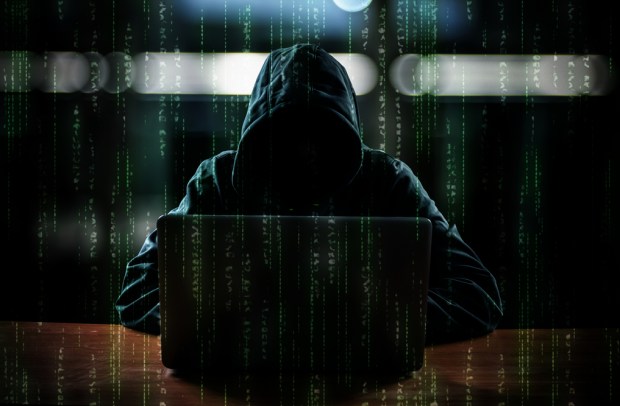Silk Road, Copycats And Nostalgia

The closure of Silk Road has not stopped savvy — and some not-so-savvy — drug dealers from making a killing through online trades. They continue to provide an Amazon-type experience to drug consumers seeking a bit more of a mind-blowing experience than the iPhone SE can provide, even at Walmart’s discount price.
Silk Road may have paved the way for a darker web and a thriving online drug trade. Back in Oct. 2013, the illegal online marketplace for drugs was shut down by the FBI, but since then, the illicit drug trade has found an alternative route and has tripled in capacity.
PYMNTS reported that, in 2012, drugs worth $15 million to $17 million were sold online, but in 2015, this number had jumped to $150 million to $180 million. The percentage of U.S. drug-takers who used a website to buy drugs has jumped from 8 percent in 2014 to 15 percent in 2016.
Thanks to the internet, the dark Net is providing easier access to drugs. According to the Global Drug Survey, 5 percent of respondents to the survey had not consumed drugs before buying them from the Dark Net, presumably because of the risks involved in hitting the streets to find a vendor.
A RAND study by the University of Manchester and the University of Montreal predicted such copycat activity on the Dark Web, which tends to hide from well-used search engines. According to CNET, there are currently 50 or so vendors and cryptomarkets supplying “illegal drugs, new psychoactive substances, prescription drugs and other goods and services.”
Ross Ulbricht created Silk Road, dubbed the “Amazon of illegal narcotics,” and built a $1.2 billion empire selling heroin, cocaine and crystal meth online. Ulbricht, however, outdid himself in terms of pleasing his customers and even brazenly offered buyer ratings and money-back guarantees. In 2015, Ulbricht received a life sentence without the possibility of parole, but his legacy continues.
Not wishing to disappoint his following, and as a classic example of denial, Ulbricht is demanding a retrial. Citing the Fifth Amendment, Ulbricht’s lawyers are claiming they were given insufficient time to review documents that would have showed he was innocent. Lawyers filed a 145-page argument outlining why a new trial is needed and asking a higher court to throw out the conviction.
Meanwhile, the U.S. government is about to auction off 2,700 bitcoin on Aug. 22, but only 2.8 are directly from Ulbricht’s case. The rest of the bitcoin is supplied from others who jumped onto the digital bandwagon or into the digital space. Some examples are a civil drug dealer related to Silk Road who threw 1,294 bitcoin into the pot and the case of Carl Force, a former U.S. DEA agent who, in a fit of nostalgia, nabbed 65 bitcoin on his way home from shutting down Silk Road. Another 644 bitcoin were seized from a Florida resident who sold online counterfeit credit and debit cards.
Perhaps some of the cache might filter down to the taxpayer in some way, and the government is not planning on selling the coins off cheap. The bitcoin are valued at around $593, while the current value is more like $580, but then, who knows what could happen in the bitcoin market in the next 10 days? Perhaps an incognito fan of Ulbricht, and there are lots of them, will push up the price at auction for nostalgia’s sake. In fact, they should allow anonymous bids and see what happens.
